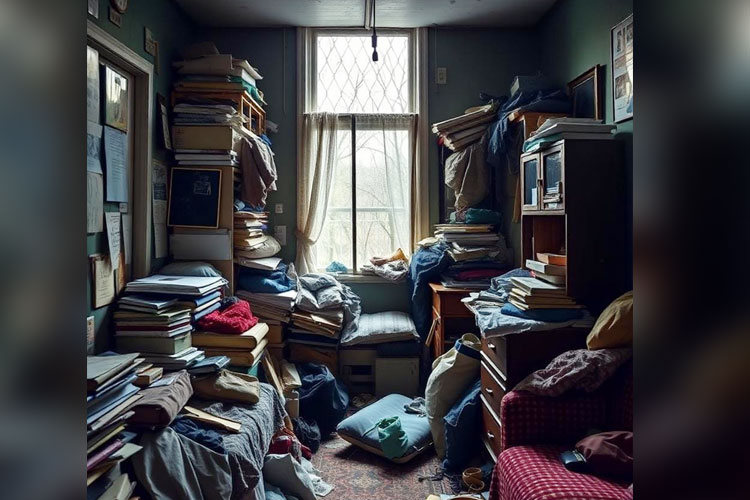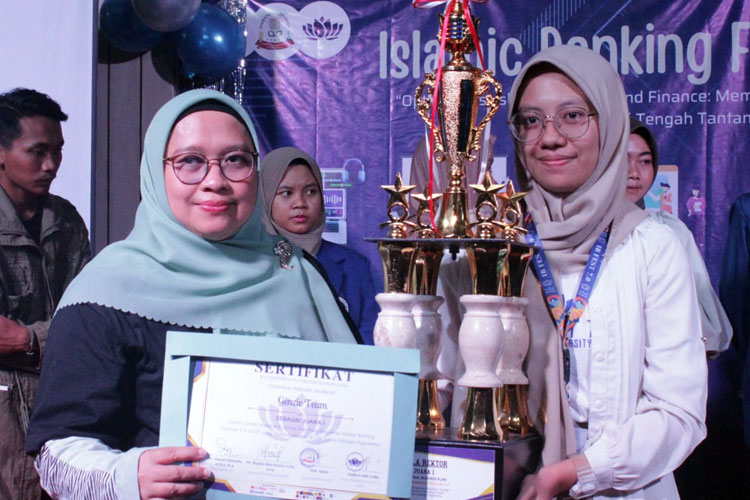TIMES SINGAPORE, JAKARTA – Galih, a 22-year-old young man, has been managing his family’s boarding house since 2019. But he was being followed with a bad issues of hoarding disorder.
With a spirit of enthusiasm and responsibility, he has taken the baton to maintain and grow the family business, despite his youth and relatively limited experience.
Hoarding generally refers to the excessive accumulation of items and the inability to discard them, even if they are no longer useful or necessary. This issue has become one virus amongts landlords dealing ith the people who rent a room at their house or boarding house.
Throuh a short interview Galih shared his exprince dealing with ahoarder.
1. How did you first realize that a resident was experiencing hoarding disorder?
"Initially, I didn't notice that one of the residents had hoarding disorder. However, I began to smell a persistent unpleasant odor around their room every time I passed by. After experiencing this a few times, I decided to check their room and found a pile of unused items," he said.
2. What is the immediate impact of hoarding disorder on the condition of the boarding room?
"The impact is quite significant. The accumulation of items not only makes the room disorderly but also damages some facilities that ultimately need to be replaced. Additionally, the stains resulting from this accumulation are very difficult to clean," he uttered.
3. How does this hoarding disorder issue affect your finances as a landlord?
"Financially, there are certainly additional costs incurred, especially for repairs and cleaning the room after the resident moves out. Damaged items also need to be replaced, which is quite burdensome, especially since situations like this are unpredictable," he added.
4. How do you communicate with residents who have hoarding disorder?
"I always strive to communicate with empathy and sensitivity. For me, it is important for the resident to feel comfortable discussing the issues they face, so we can find solutions together without making them feel pressured. However, prior to this incident, this resident had already shown suspicious behavior, such as being late on rent payments and being difficult to contact," the guy explained.
5. What impact does the presence of a resident with hoarding disorder have on other residents in the boarding house?
"The presence of a resident with hoarding disorder causes discomfort for other residents. Some residents began to complain about issues related to the pungent smell around their room, so I had to seek solutions to ensure this situation did not disturb the comfort of all residents," Galih said.
6. What is the biggest challenge faced in maintaining cleanliness and comfort in the boarding environment?
"The biggest challenge is maintaining a balance between providing support to residents with hoarding disorder and ensuring the comfort of other residents. Sometimes, efforts to help residents with this condition can create tension, as I want to ensure that all residents feel comfortable," the guy added.
7. How do you manage your emotions when faced with difficult situations like this?
"Situations like this are indeed emotionally challenging, but I try to remain calm and professional. I understand that hoarding disorder is a complex issue, so it is important for me not to overreact and to stay focused on solutions," he said.
8. Did this experience lead you to change any policies or how you manage new residents?
"Actually, I haven't implemented any specific new policies after this incident. I prefer to handle each case individually, as each resident has different needs and issues. Although this experience has taught me valuable lessons, I believe that flexibility in managing residents is important to avoid being too rigid in dealing with various situations," he expanded.
9. Are you considering creating a new, more detailed agreement or contract regarding room conditions and residents' responsibilities?
"I haven't planned to create a specific new agreement. However, in the existing contract, I will emphasize the importance of maintaining room conditions and residents' responsibilities for cleanliness. I hope this can serve as a clearer reminder without having to create rules that are too strict," Galih explained.
10. What is the biggest lesson you learned from dealing with a resident with hoarding disorder?
"This experience has taught me to be more sensitive to the early signs of problems that residents may be experiencing. Additionally, I've learned that empathy and good communication are key in managing difficult situations such as hoarding and more. As a boarding landlord, we are not only dealing with business but also with the lives and personal issues of others," he ended (*)
Artikel ini sebelumnya sudah tayang di TIMES Indonesia dengan judul: Hoarding Disorder: This is What a Landlord Says
| Writer | : |
| Editor | : Khodijah Siti |

























